Source: Global Perspectives on Japan (GPJ), No.1 (2017), pp.23-66
Publisher: Forum Tauri Press
DOI: https://doi.org/10.62231/GP1.160001A01
Keywords: Yanagida Kunio, Japanese anthropology, minzokugaku, ethnology, folklore studies, Rangaku
Abstract
Anthropological thinking has a long history in Japan and had already reached a rather high level during the Edo period. For these “roots”, I refer to the very compact and up to now the best review in a Western language by the founder of folklore studies in modern Japan, Yanagita Kunio (Yanagida (sic!) 1944). In this paper, I will restrict myself, however, to the developments starting from the beginning of the modernization of Japan since the Meiji Restauration of 1868. Under the term “anthropology” I summarize here ethnology (cultural and/or social anthropology) and folklore studies (both referred to in Japanese as minzokugaku, but written with different characters), but will also include parts of neighboring sciences, such as sociology, linguistics, archaeology and prehistory, and physical anthropology, as far as they pertain to the central questions dealt with by the former.


